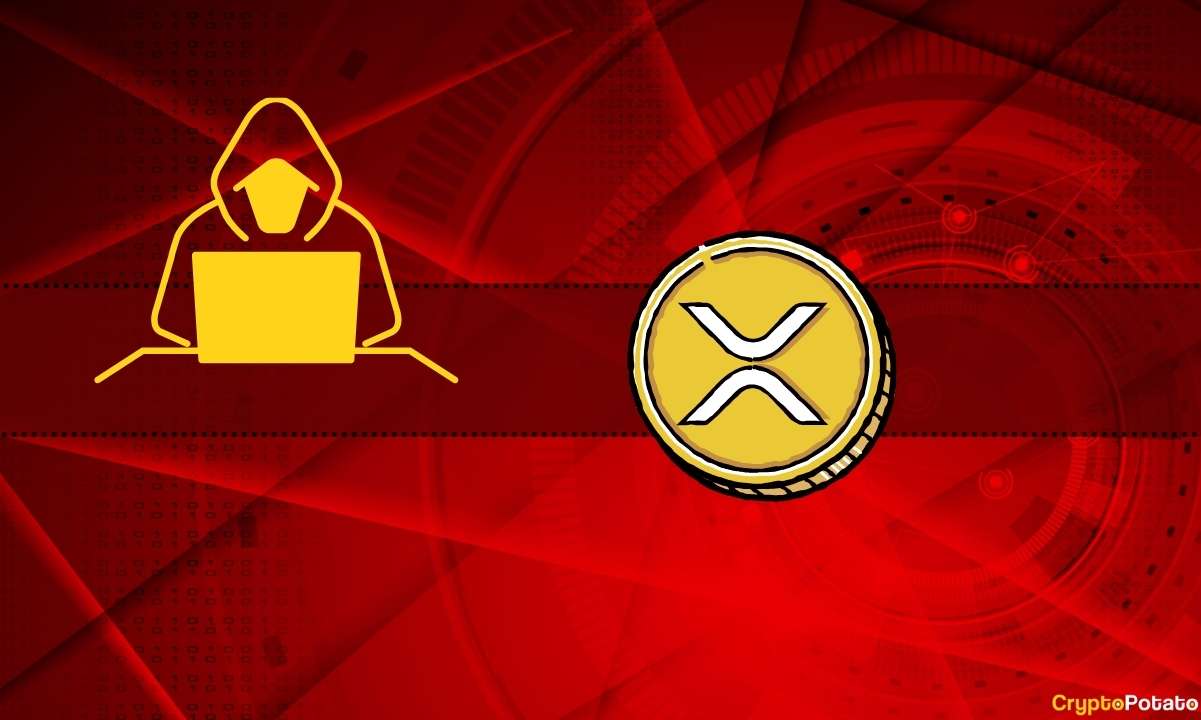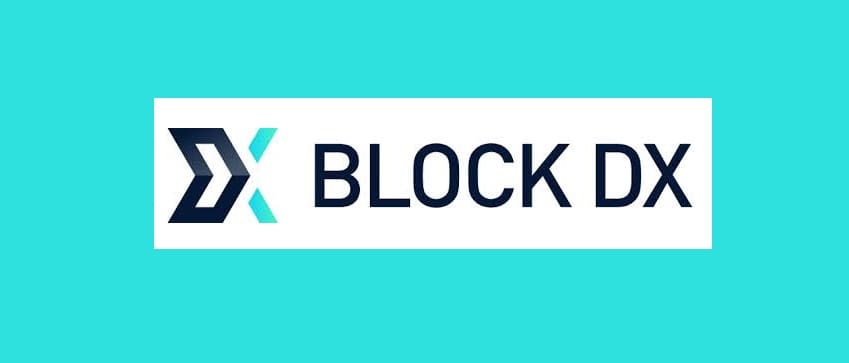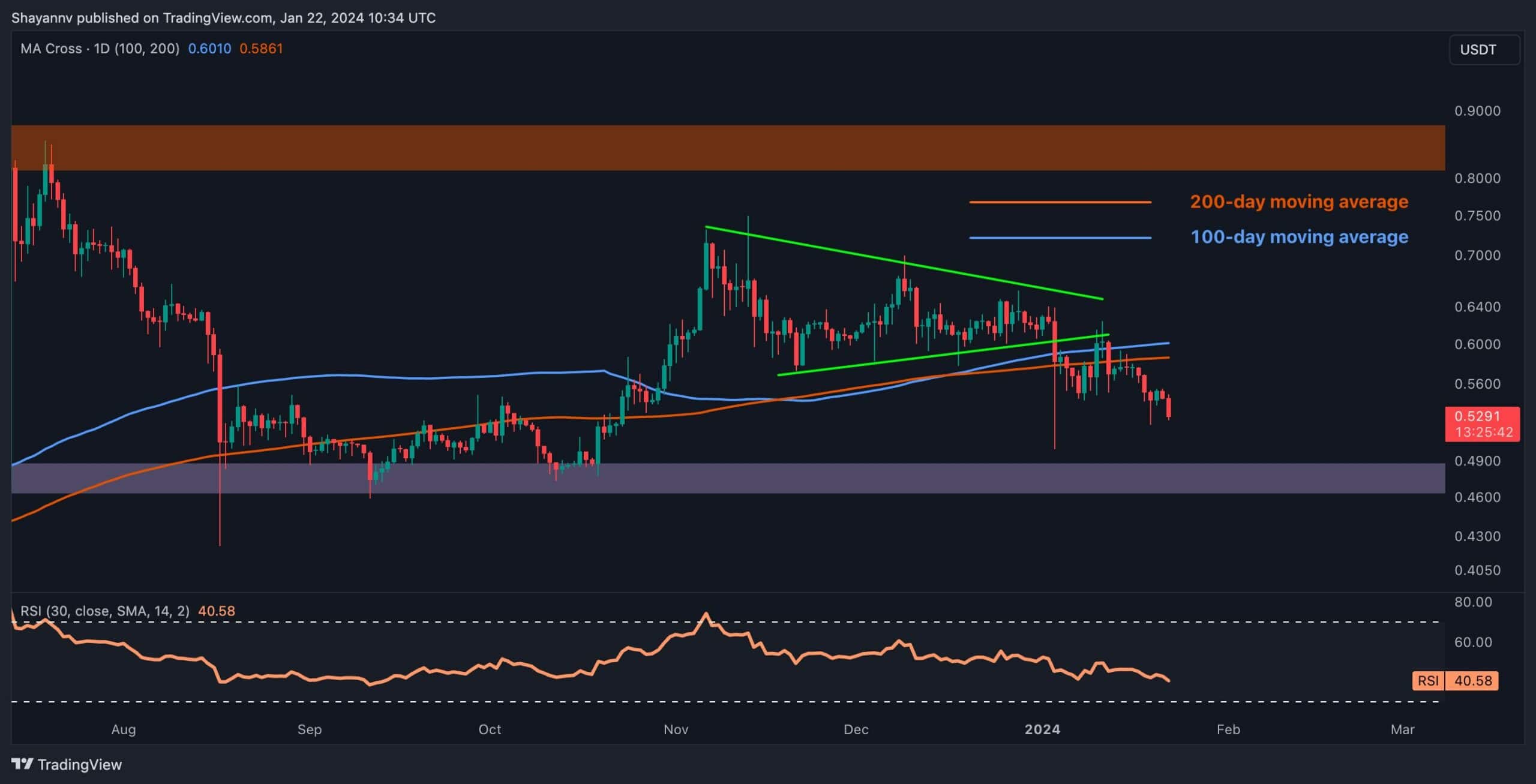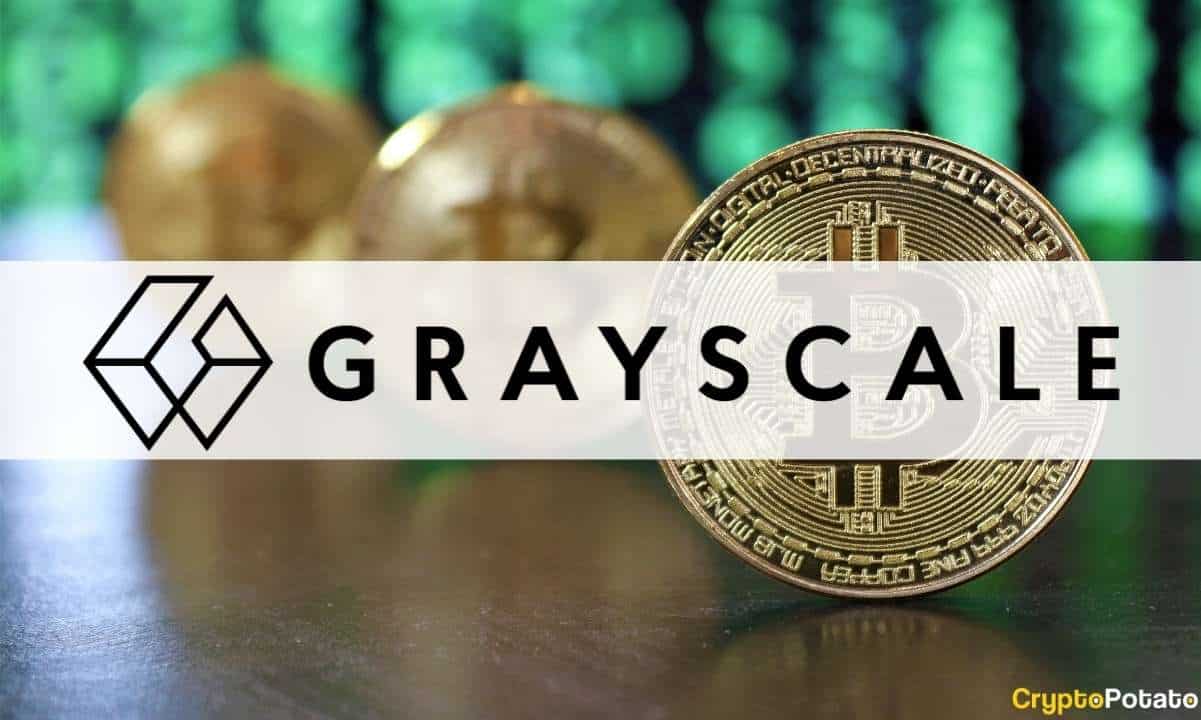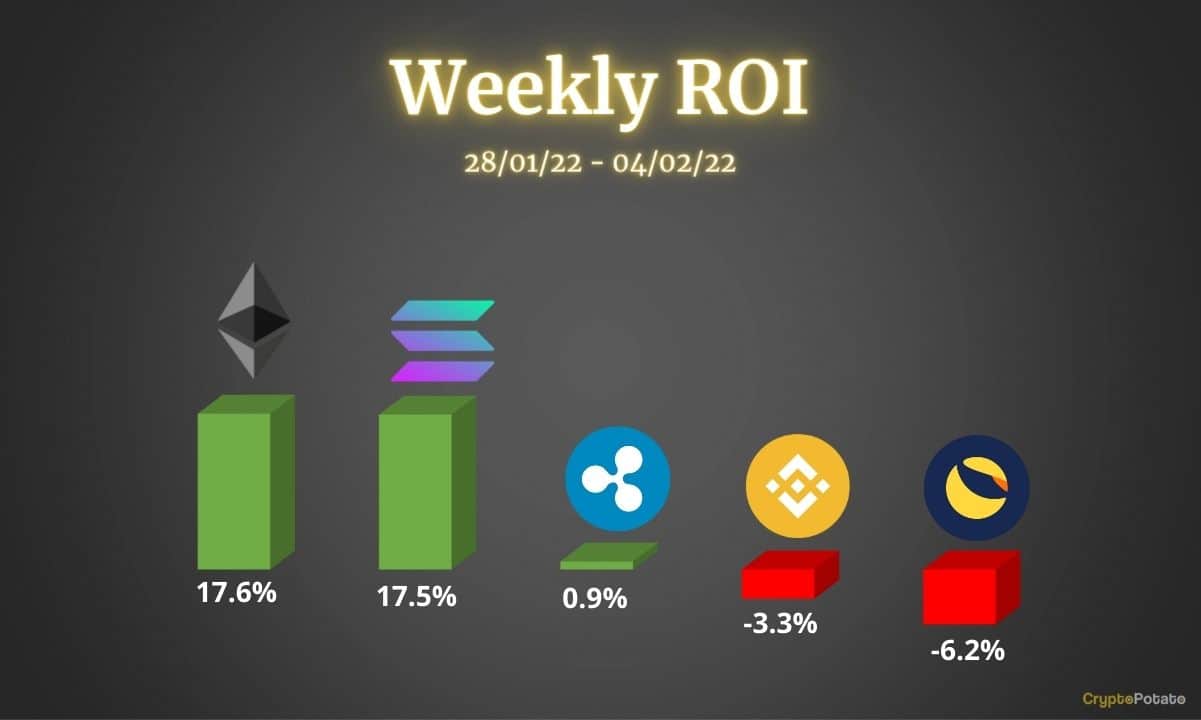Ex-Credit Suisse CEO Says Money Isn’t Worth Anything As Bitcoin Gets Closer To Halving
The former CEO of the two biggest banks in Switzerland – Oswald Gruebel – has openly criticized the negative interest rates applied by the Swiss National Bank. In his opinion, money might lose its value if this continues. As negative interest rates are usually introduced to fend off inflation, Bitcoin appears to have the perfect solution.
Negative Rates across the Map
Gruebel was CEO at Credit Suisse from 2004 to 2007 and at UBS Group AG from 2009 to 2011. He offered his opinion on the negative rates in Switzerland, which were introduced in 2015 in an attempt to strengthen the franc:
“Negative interest rates are crazy. That means money is not worth anything anymore. As long as we have negative interest rates, the financial industry will continue to shrink.”
The results in the country have not been as satisfying as expected and banks continue to suffer. The world’s largest wealth manager – UBS – has started reportedly charging a 0.6% charge on cash savings of more than €500,000.
Negative rates are not only applied in Europe but in Japan as well. Announced by the Bank of Japan in 2016 as the latest iteration, they didn’t provide any growth months later.
As previously reported by CryptoPotato, the former chairman of the U.S. Federal Reserve, Alan Greenspan, warned that negative rates are on their way to the U.S. as well. He said that it’s seen almost everywhere around the world and added: “It’s only a matter of time before it’s more in the United States”.
Negative interest rates mean that instead of receiving money on deposits, the customers will be paying fees to keep the money in the bank. The intent appears to encourage banks to lend money more freely, so that businesses and individuals can invest or spend the money, instead of keeping it safely in a deposit. Naturally, this brings the question if there is a suitable alternative.
Bitcoin Solves This
As mentioned above, negative interest rates are used to stave off inflation, among other things. That’s where Bitcoin steps in. The cryptocurrency has a pre-determined inflation rate, currently set to around 3.7%.
Around May next year, we will also see the Bitcoin Halving taking place. It will affect the total supply and the inflation rate. The rewards each miner receives for adding blocks to the network will be decreased in half. This particular one will not only reduce the reward to 6.25 per block but it will also decrease the inflation rate from 3.6% now to 1.8%.
Moreover, Bitcoin reveals additional benefits when stacked against traditional fiat currencies. For once, it’s a scarce digital object with a finite supply, unlike fiat currencies that are issued at will and on occasions. Bitcoin’s supply will only decrease. Basic economic principles dictate that if the supply of an asset decreases while the demand for it goes up or remains the same, this should drive its prices up.
Featured image courtesy of Wikipedia
The post Ex-Credit Suisse CEO Says Money Isn’t Worth Anything As Bitcoin Gets Closer To Halving appeared first on CryptoPotato.


